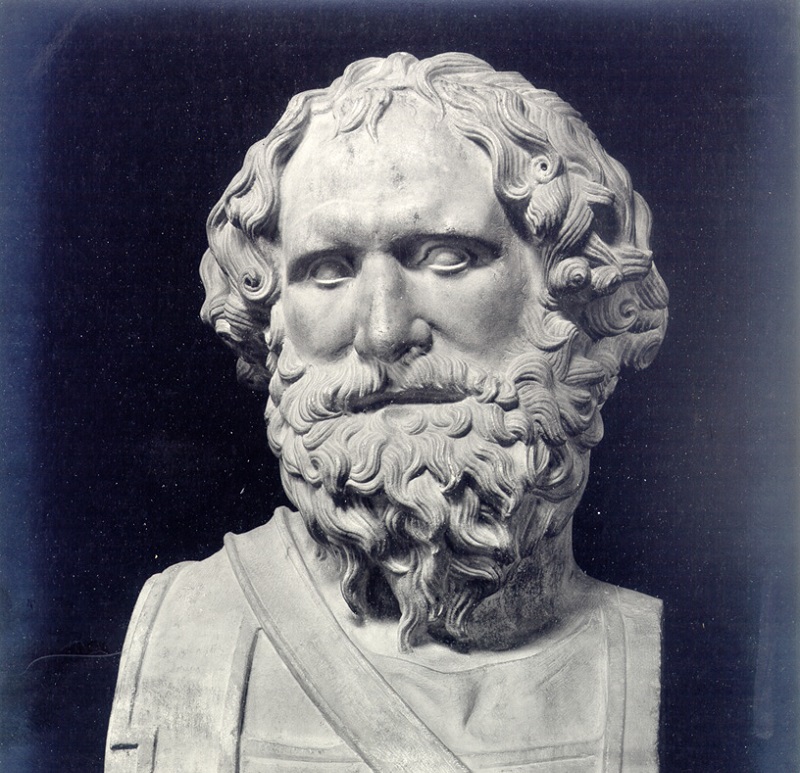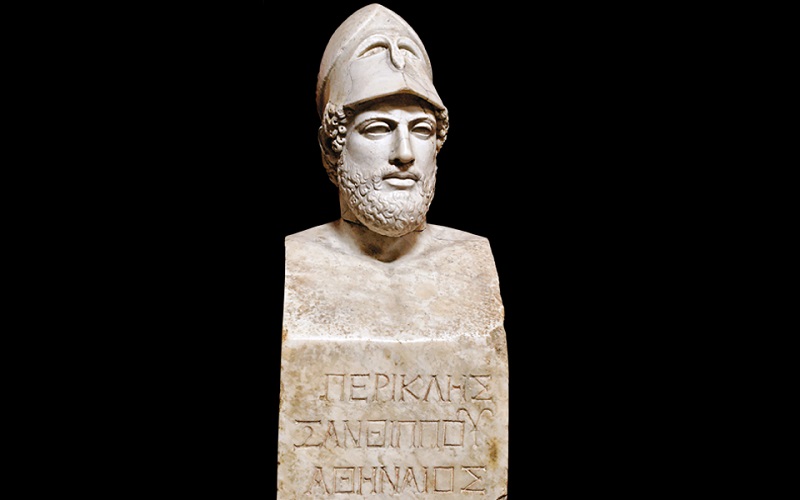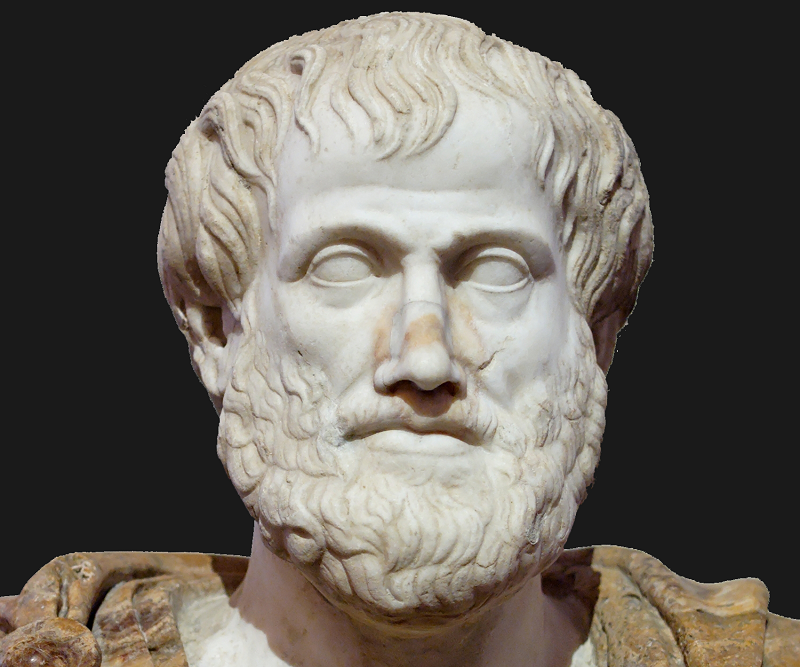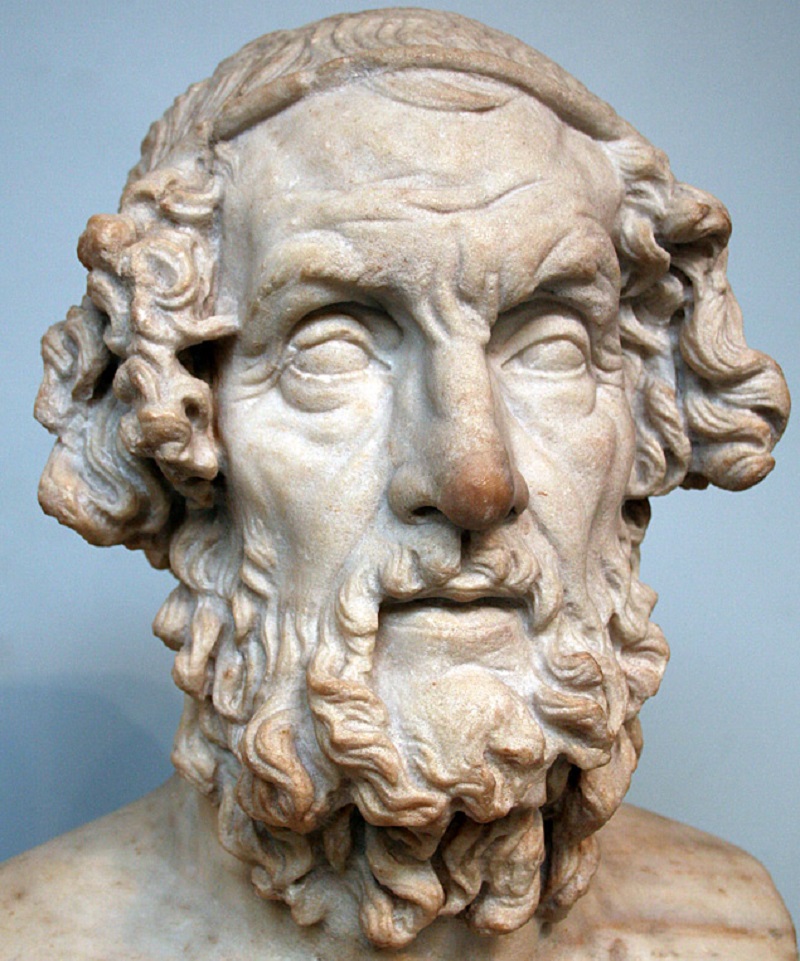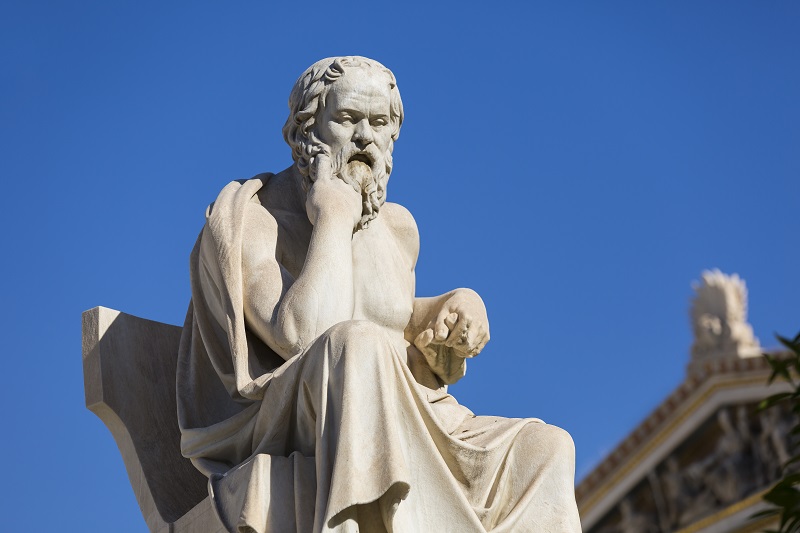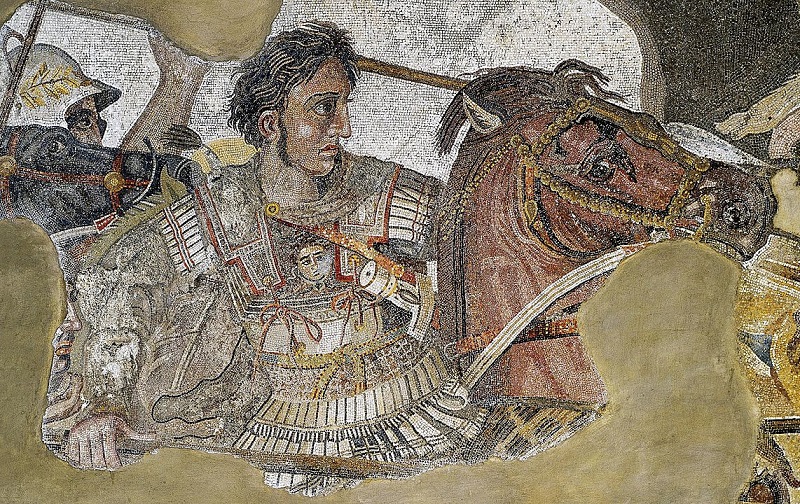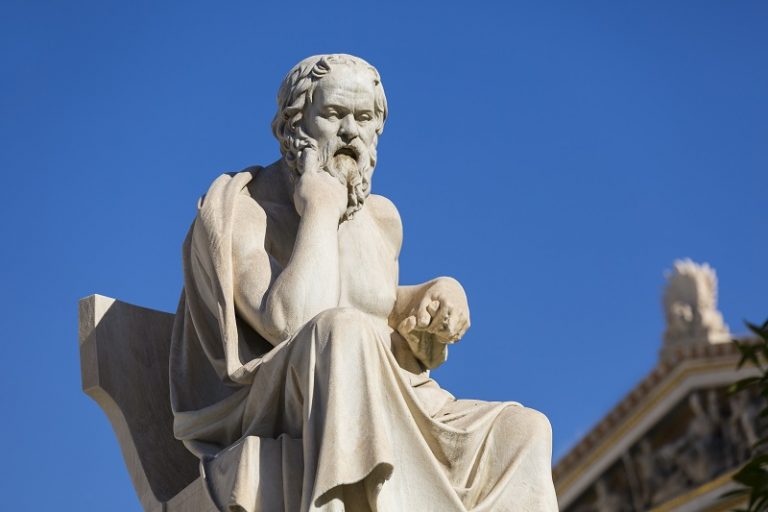
Archimedes
Source: Link
Archimedes was not only an engineer, astronomer and inventor. He was also a mathematician and considered to be the greatest in ancient Greece and the world. Although his popularity only started after his death, he is still one of the most influential people in the old world. He is famous for the measurement of the circle and the Principle of Archimedes, a theory known as the center of hydrostatics that when an object is submerged in liquid, the volume of the object and the amount of displaced liquid are the same. Click the next ARROW to see the next image!
Hippocrates
Source: Link
His contribution was in the field of medicine and was considered the most well-known physician in Ancient Greece. He developed an ancient homeopathic theory. For Hippocrates, the body has the ability to heal itself and it all depends on the balance of the four elements of the body. He also introduced the recording of clinical observations and methods for future reference of physicians. Click the next ARROW to see the next image!
Solon
Source: Link
When moral and economic depression befell Athens, Solon was appointed its Archon or governor. Under his incumbency, he was able to reform the constitution, morality and economy. He was able to free the enslaved Greeks and helped people pay off their debts. Also, he introduced democracy. He became an influential lawmaker and politician. Click the next ARROW to see the next image!
Leonidas
Source: Link
A king of Sparta, Leonidas has become known for his bravery and love for Greece and its people when he, along with 300 army men, stayed behind during the Battle of Thermopylae to fight the Persian army led by Xerxes. Although this led to his death, his noble act was not left unappreciated. The people had his statue erected at the site of the battle. Click the next ARROW to see the next image!
Pericles
Source: Link
An orator, statesman and a general, Pericles made an impact in Ancient Greek history when he led different battles and stayed as the leader of Athens for four decades. He was instrumental in building the Acropolis and the development of culture. His greatest contribution was making Athens the greatest naval power in Greece. Click the next ARROW to see the next image!
Aristotle
Source: Link
Known as the “Philosopher of Reason”, he was educated at the first university of the world, the Academy of Plato. He also became the teacher of Alexander the Great, the great conqueror and most influential Greek in history. Aside from studying zoology, anatomy, rhetoric and metaphysics, he founded the notion of formal logic. Moreover, he believed that philosophy shares a harmonic balance with reasoning. Click the next ARROW to see the next image!
Plato
Source: Link
Along with his mentor, Socrates and his student, Aristotle, Plato was also a significant figure in the founding of Western philosophy. He is also known as the founder of the first university in the Western world, the Academy of Athens, and has been a great influence to the modern philosophers. His philosophy was the Metaphysic notion that there are two worlds: the real world and the world we live in. Click the next ARROW to see the next image!
Homer
Source: Link
Known for his epic poems, The Iliad and Odyssey, Homer is revered by the Greeks during his lifetime and is considered one of the greatest poets in Ancient Greece. His works have reached international acclaim and up to this day, his famous poems are read in schools and studied in literature. What is interesting about him is that he only narrated his poems and scholars were the ones who transcribed his works since he was believed to be blind. Click the next ARROW to see the next image!
Socrates
Source: Link
Regarded as the most influential philosopher, with Aristotle and Plato being his students, Socrates is known as the founder of Western philosophy. During his lifetime, he was not favored by the Athenian politicians for his principles and teachings. This led to him being charged with corruption of the minds of young boys and eventually his death. His fate is evidence in itself on how influential he was, with his teachings and notions on ethics, morality and virtue outliving him. Click the next ARROW to see the next image!
Alexander the Great
Source: Link
Despite his short stature and a possible congenital spinal problem, Alexander the Great is considered the most popular Greek in ancient history and up to the modern times. He was strong and a great conqueror. At age 20, he became the king of Macedonia, succeeding his father, Philip II. His expedition to the East led to the conquest of the Persian Empire. While he only lived until the age of 33, he left an indelible mark in Greek history.
